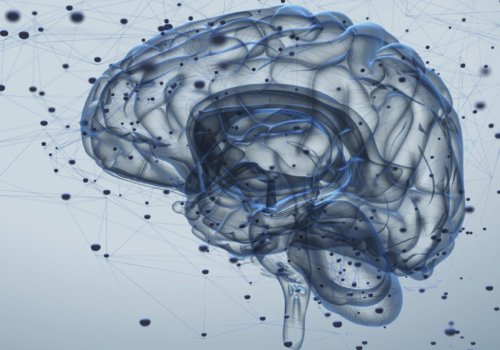
Headache Medicine Rotation for Residents: A Missing Requirement
Niushen Zhang, MD, believes headache medicine rotations should be mandatory in neurology training
Headache disorders are incredibly common. Despite this fact, there is only a small proportion of neurology residency programs in the country with a mandatory headache medicine rotation for their adult neurology residents.
“Headache medicine is a pretty new field and luckily there’s been a lot of great advances in treatment techniques,” says Niushen Zhang, MD. “Unless you go through a more specialized rotation or really delve into the field, you may not actually get that exposure as a neurology resident.”
Together with Robert P. Cowan, MD, FAHS, Dr. Zhang authored an opinion paper in the journal Headache® that detailed their efforts to convince their department’s education committee to establish a mandatory headache medicine rotation for all adult neurology residents. The Stanford headache faculty perceived a knowledge gap in procedural training and the ability of neurology residents to diagnose and manage uncommon headache disorders, pushing them to work toward a change.
“We wanted to make sure that all of our adult neurology residents were getting the headache medicine education that they need,” Dr. Zhang says. “Headache education should be a very important part of every neurologist’s training. So if there’s an institution with a headache medicine program, then in our opinion, it would be optimal if every resident were required to do a headache rotation before they graduate.”
Making a Case
Building off of research conducted by Zubair Ahmed, MD, and Larry Faulkner MD, Drs. Zhang and Cowan examined the challenges in establishing a mandatory headache medicine rotation. These obstacles included heavy inpatient rotation schedules and the perception among program directors that residents are already adequately trained in headache disorder management.
“An important step was to demonstrate that the purpose of the rotation was not to turn residents into headache specialists, but rather to focus on gaps in the residents’ knowledge and skillset and to provide a well-rounded education for all residents,” Drs. Zhang and Cowan said in the paper.
They proposed two weeks to lay the foundation for what residents must know and allow them to see the gaps in their knowledge. The education committee voted in favor of the rotation, which Drs. Zhang and Cowan designed and implemented during 2018-2019. It received positive feedback from the residents.
“It allowed the chance to learn nuanced history-taking techniques, counseling techniques, and practical recommendations for my own continuity clinic patients,” says one of the residents cited in the paper. “Understanding the variety of lifestyle, medical and procedural therapeutics for headache makes this an invaluable rotation for any resident preparing to be generalized (or specialized) neurologist.”
Future Analysis
There is still no consensus on the optimal amount of headache education that is needed during neurology residency. But Drs. Zhang and Cowan think the Accreditation Council for Graduate Medical Education milestones project may provide insightful data.
Drs. Zhang and Cowan hope that by sharing the steps they took to create their rotation they can help other headache medicine programs in their efforts towards establishing such a rotation for their own residents.
“I’ve had colleagues who’ve come up to me and said, ‘We would really like to start a mandatory headache rotation for our residents, but there are a lot of challenges in getting education committees or the department to approve this,” Dr. Zhang says. “Part of the impetus to write this paper was to share our experience with other programs that are also interested in expanding their education program for headache.”
Headache®: The Journal of Head and Face Pain is the official journal of the American Headache Society. AHS frequently reviews published research and provides commentary on the work being done to help advance the understanding of headache and face pain. For more analysis on studies published in Headache®, visit the AHS News page.


